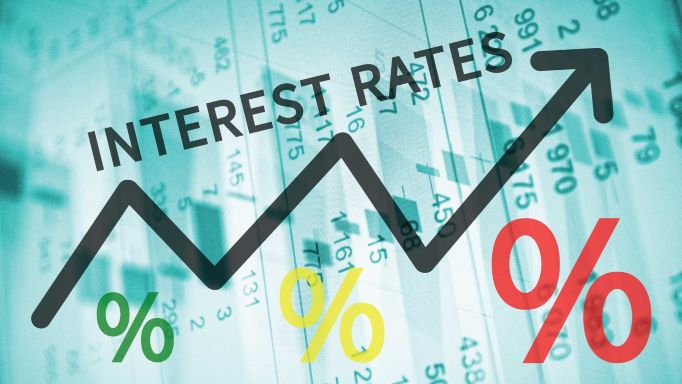
The topic of how Mortgage Rates work is a long, complicated series of moving puzzle pieces that work together perfectly. Today we are going to break it down as best we can. During the process of taking out your first mortgage, you will learn that the interest rate is the “payable fee” your lender has calculated for you in exchange for borrowing their money. When applying for a mortgage, the lender you decide to choose may offer various interest rate options. Mortgage rates are constantly changing due to the Canadian economy (Fixed rates) and Global economy (Variable rates). Each time you renew your mortgage term, you re-negotiate your mortgage interest rate… Simply, this means at the time of term renewal, your new mortgage interest rate may cause your monthly payments to increase or decrease.
The lender of your choice will set the interest rate for your mortgage. Here are a few of the factors that they use to help determine your cost.
- The length of your mortgage term (higher length in the term usually have higher rates)
- Their current Prime and Posted Interest Rate
- If you qualify for a discounted rate
- Type of interest you choose (fixed, variable, or combination)
- Your credit history
- If you’re Self Employed/ Employee
For example, with credit, lenders will assess your bureau report to decide if they will lend you money. They will also use this document to determine how much interest they will charge on the money you will agree to borrow. The better your credit is, the easier it will be for you to get a mortgage. Even if you have poor or little to no credit history, there will always be options like B lenders and private lenders depending on your specific file details.
On the topic of Mortgage Rates, you will very commonly hear three words: Prime, Posted, and Discounted Rates. These are all different. To put it simply, a Prime Rate is the rate the lenders use to determine their posted interest rate. A Posted Rate is the interest rate that the lenders advertise for their products (these can change regularly). A Discounted Rate is lower than the lender’s Posted Rates. Along with those keywords, there are two more words you will need to know about. These important terms are called Fixed and Variable Interest Rates.
A Fixed interest rate will stay the same for the length of your term. A Fixed Mortgage Rate will work the best for you if you need the following:
- Your payments stay the same over the term of your mortgage
- You want to know in advance how much principal you’ll pay by the end of the term
- Keep your interest rate the same because you think market interest rates will go up
A Variable Mortgage Rate can increase and decrease during the length of your term. This means that when you choose a Variable Rate Mortgage, your interest rate may be lower than if you selected a Fixed rate. This type of mortgage may be best for you if you can accommodate the following:
- Your interest rate changing
- Your monthly mortgage payments potentially increasing or decreasing
In a Variable Rate Mortgage (commonly referred to as AVRM) the interest rate can go up, meaning more of your monthly payment goes towards the interest and less to the principal. If rates go down, more of your payment goes to the principal, which means you can pay the mortgage off faster.
The best advice is the one that comes from your Mortgage Broker because they can analyze your needs and start underwriting your information. With their expert advice, together you can create a perfectly “tailored-to-you” plan.
If any of the topics mentioned sound like something you may be interested in, please reach out and one of our Senior Broker Partners would be more than happy to assess your unique situation and give you the best advice. At GLM Mortgage Group, we are with our clients for the entire journey. From the beginning, we can identify client needs, any possible roadblocks, and give a variety of tailored solutions. If any of the topics mentioned sound like something you may be interested in, please reach out and one of our Senior Broker Partners would be more than happy to assess your unique situation and give you the best advice. At GLM Mortgage Group, we are with our clients for the entire journey. From the beginning, we can identify client needs, any possible roadblocks, and give a variety of tailored solutions.



